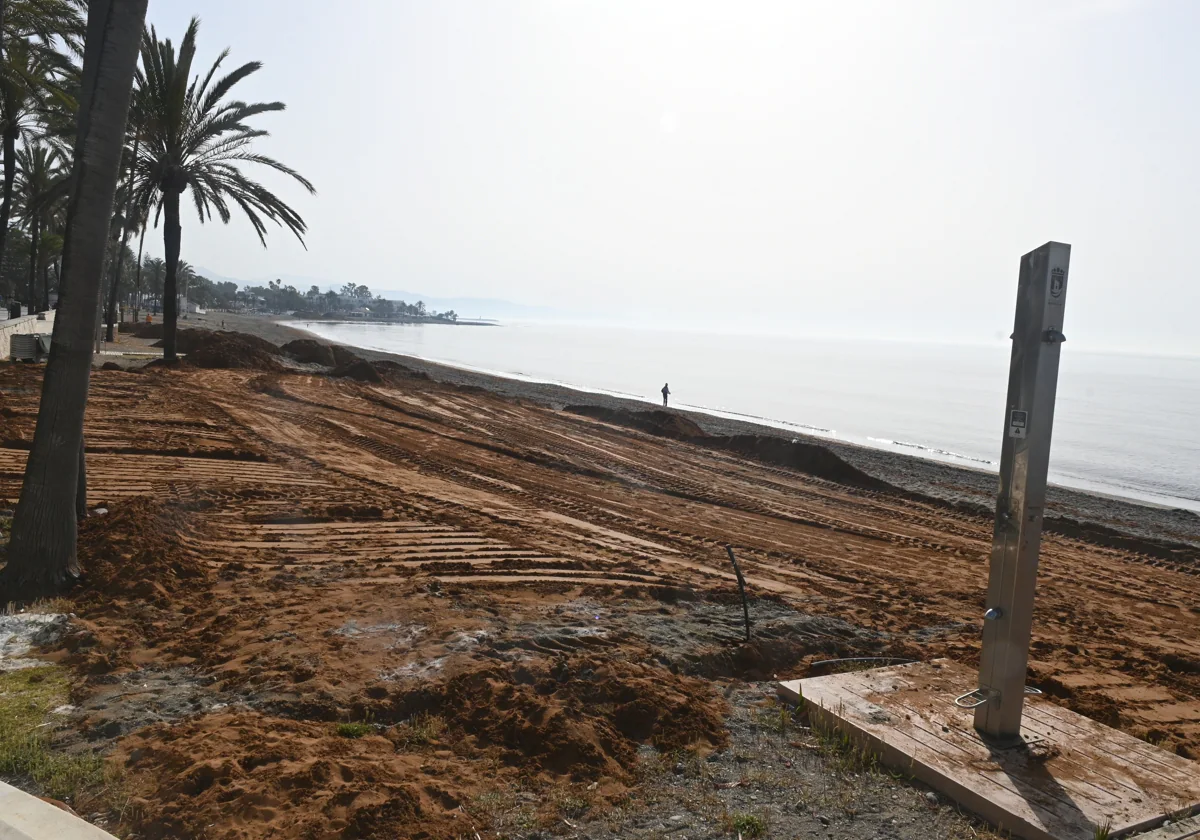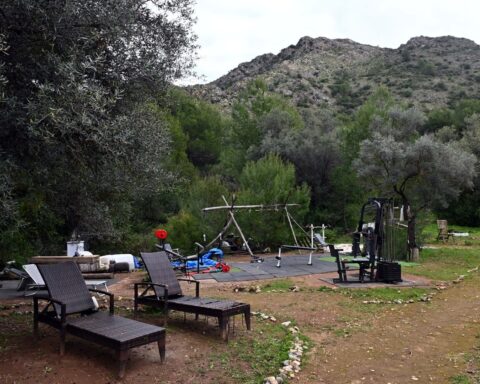San Pedro Alcántara Residents Express Discontent Over Beach Conditions
Locals residing along the San Pedro Alcántara coastline have voiced their dissatisfaction over the current state of their beaches. They claim that many areas have been left in a muddy condition, sparking a wave of surprise and disapproval on social media platforms.
Marbella Town Hall’s Sand Contributions Questioned
The recent sand contributions made by Marbella town hall to the coastline have been met with criticism. Residents interviewed by SUR have compared the sand to clay or mud, expressing their disappointment over the quality of the sand. They argue that the rest of Marbella has not received the same type of sand.
Concerns Over Beach Experience and Tourism
A local resident shared with SUR their concerns about the upcoming summer season. They worry that the sticky sand will ruin beachgoers’ experiences and potentially damage their belongings. The unusual reddish color, texture, and humidity of the sand have also raised eyebrows among locals. They fear that these conditions could negatively impact tourism in the area.
Public Reaction and Social Media Response
The issue has sparked a flurry of memes and videos on social media, with many criticizing the type of sand used. Some have used this incident to highlight the perceived disparity between San Pedro Alcántara and Marbella, arguing that not all residents are treated equally and that Marbella’s beaches receive better quality sand.
Marbella Town Hall and Ecologists in Action Respond
In response to the criticism, Marbella town hall has assured that the sand, sourced from the municipality’s dune belt in the Elvira area, has passed all technical and chemical controls. They maintain that the sand does not contain mud, does not stain, and will lighten in color over time. Javier Martos, spokesperson for Ecologists in Action Marbella, has also weighed in on the issue, reminding the public that there is no such thing as perfect sand and that natural elements like soil, plants, pebbles, and stones are often carried to the beach by rivers and streams.







